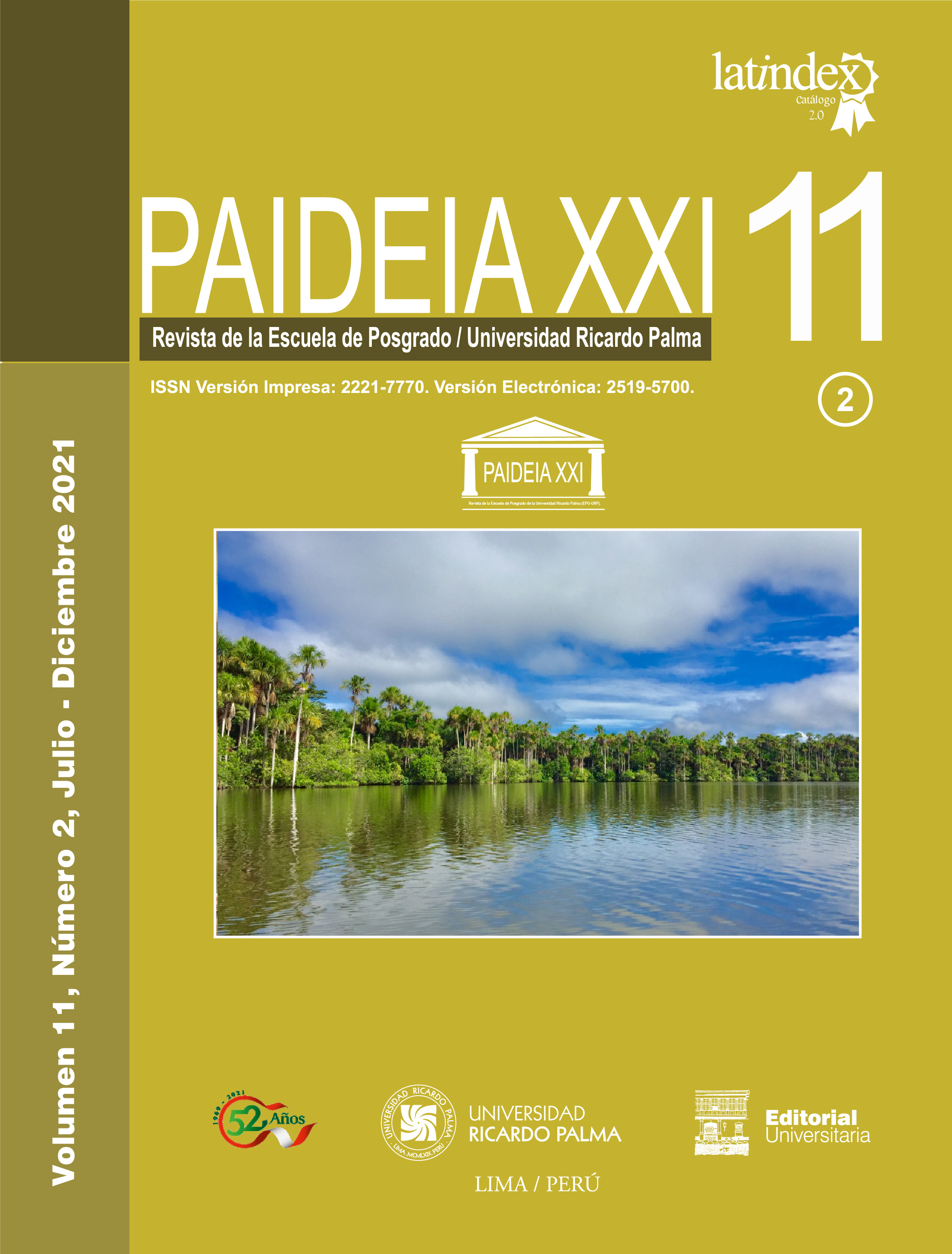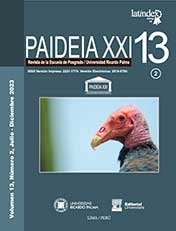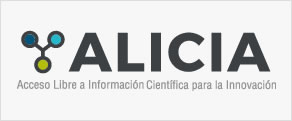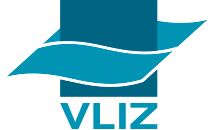THEORETICAL-PRACTICAL TOOLS OF THE PROFESSIONAL TEACHING AND LEARNING PROCESS AS A CATEGORY OF UNIVERSITY TEACHING
DOI:
https://doi.org/10.31381/paideia.v11i2.4263Abstract
The aim of the study was to describe theoretical-practical tools of the professional teaching and learning process as a category of university teaching. The study was carried out from January to June 2021, where teaching was considered as the first university mission, the category that refers to the professional process of teaching and learning. In this category, six theoreticalpractical tools are mentioned: 1st) establishes the didactic strategies, 2nd) selects the content, 3rd) identifies the learning resources, 4th) schedules the activities, 5th), considers the type of evaluation, and 6th) the learning outcome is diagnostic and then conceptualized for description. It is indicated that every process aims to optimize methods and techniques in the teaching and learning relationship to move between skill levels. In the process of updating and relevancy of knowledge, a definition of the practice to be evaluated is needed so that the program exercised is transcendental. Likewise, the effectiveness of the identification of resources requires the remodeling of educational practice through digital technologies. The operability of planning needs to show positive effects from a dialogic teaching. For its part, the demonstration of competencies on performance and capabilities consider the type of evaluation and the verification of knowledge is a critical issue. It is concluded that the theoretical-practical tools of the professional teaching and learning process as a category of university teaching is a complex process and can result in a contradiction to rhetoric when all construction and reconstruction of knowledge is expressed.
Keywords: competence – didactic strategies – evaluation – methodological processes – university teaching












